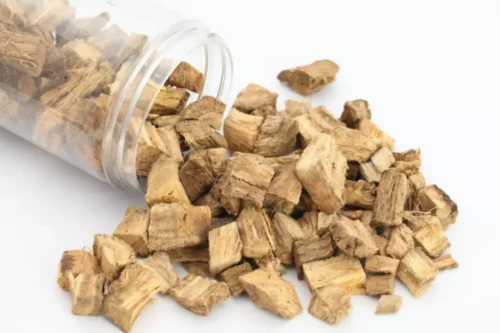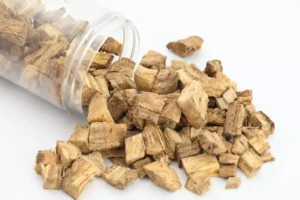12 Ways to Tell If You Have Allergies to Liquor

Also, if your symptoms seem to be linked to an allergy or a medication you’re taking, see your doctor. From sinus infections and high blood pressure to preventive screening, we’re here for you. In the NHANES cross-sectional study involving 2,179 adults from the US, we found that current alcohol consumption was linked to a higher risk of AR in men but not in women. The National Health and Nutrition Examination Survey (NHANES) is a publicly available database.

Do You Have an Alcohol Intolerance?

Unfortunately, nothing can prevent reactions to alcohol or ingredients in alcoholic beverages. To avoid a reaction, drug addiction avoid alcohol or the particular substance that causes your reaction. While there is no way to treat this condition, your healthcare provider can talk with you about ways to reduce the negative effects of alcohol intolerance. Your healthcare provider will ask you about the symptoms and reactions that occur after you drink alcohol. Alcohol intolerance doesn’t mean you become drunk faster or after drinking less alcohol.

We and our partners process data to provide:
There is a significant overlap between anxiety, alcohol misuse, and alcohol use disorder. Researchers found that those with an anxiety disorder were between 2.1 and 3.3 times as likely to develop alcohol use disorder. Poor or limited sleep causes grogginess and irritability, which can lead to alcohol allergy feelings of depression or anxiety. Although alcohol makes you fall asleep faster, it interrupts your natural sleep-wake cycle (or circadian rhythm). Alcohol dramatically impacts the quality and quantity of rest you get, further contributing to hangover symptoms.
Feel your skin for hives.

As the alcohol is metabolized and wears off, your brain works to restore chemical balance. It lowers levels of GABA—making you feel less calm—and boosts glutamate, which increases anxiety. These symptoms tend to occur about 20 or 30 minutes after having an alcoholic beverage and can carry on for hours.
While an alcohol sensitivity can be uncomfortable, an alcohol allergy can be dangerous. If you experience severe symptoms, like swelling of the throat, difficulty breathing, or a rapid drop in blood pressure, seek emergency medical attention. This could be a sign of a life-threatening reaction known as anaphylaxis. True alcohol allergy is thought to be rare, while alcohol intolerance is more common. Some people may incorrectly assume they are allergic to alcohol, when in fact they are actually reacting to other components of alcoholic drinks. The risk factors for alcohol allergy are diverse and can range from genetics to environmental exposures.
- If you have allergies to liquor, you might get red flushes on your face, neck, chest, or arms when you drink.
- In this post, we discuss alcohol allergies, including the signs, symptoms, causes and treatments of alcohol allergies.
Other types of intolerance
- Understanding the difference between an allergy and a sensitivity is key to making informed decisions about your health and safety, and remember that your health and comfort are important.
- If you have an alcohol allergy, make sure to have epinephrine shots with you at all times and wear a medical ID bracelet that tells health professionals you have an allergy.
- Therefore, it’s essential to know your triggers and monitor your body’s reactions to different types of alcohol.
- “You can become more tolerant of alcohol over time. This means when you drink, it does not seem to have the same effect, and you need to drink more to get the usual buzz,” explains Dr Fox.
- When we drink alcohol, an enzyme in our bodies called alcohol dehydrogenase (ADH) breaks it down into a compound called acetaldehyde.
However, if you’re allergic to an ingredient found in certain alcoholic drinks, dishes which contain that drink are not safe to eat. It’s very difficult for consumers to know whether an alcoholic drink contains allergens or ingredients they’re intolerant to. That’s because in the UK, alcoholic drinks manufacturers don’t have to put an ingredients list or nutrition information on the label.



